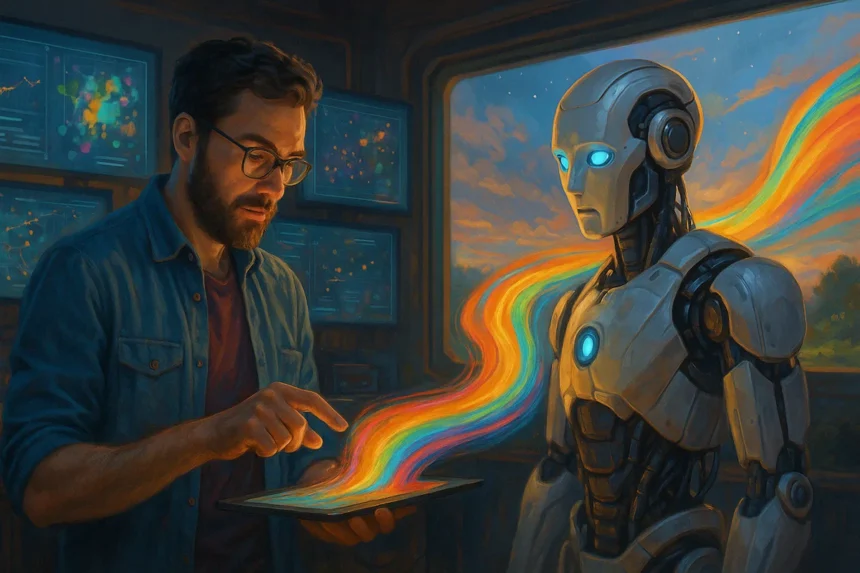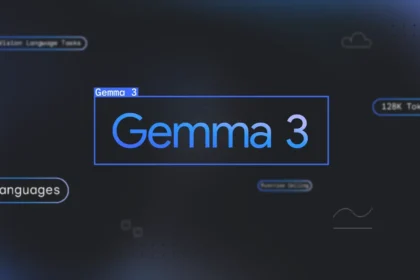Researchers from Google DeepMind David Silver and Richard Sutton have proposed a new approach to the development of generative AI, based on the idea of so-called “streams”—continuous flows of experience for models. In their view, current large language models are limited by short user interaction sessions, which prevents the model from accumulating its own experience and forming long-term goals. The proposed approach envisions that AI will be able to interact continuously with the environment, receive signals from it, and learn independently based on the experience gained.
Silver and Sutton note that current language models are focused on handling individual user requests, relying on human evaluation and prompts. In the new “streams” concept, AI will be able to independently discover useful strategies, guided by various real-world signals—such as productivity, accuracy, economic indicators, health, or other metrics. This will allow the model to adapt to environmental changes and better respond to complex or atypical requests.
With this approach, AI assistants could become more useful to users in long-term tasks—for example, tracking sleep and nutrition to improve health, or helping with language learning by considering progress over an extended period. Such agents will be able to analyze change dynamics, accumulate knowledge, and offer recommendations that take into account the user’s individual progress.
The researchers also noted that a similar approach is already being partially implemented in agent prototypes that can work with computers through standard interfaces, just as humans do. They believe that developing models that learn from their own experience could open new opportunities for AI in various fields—from science to education—as well as increase adaptability and sensitivity to user needs.







